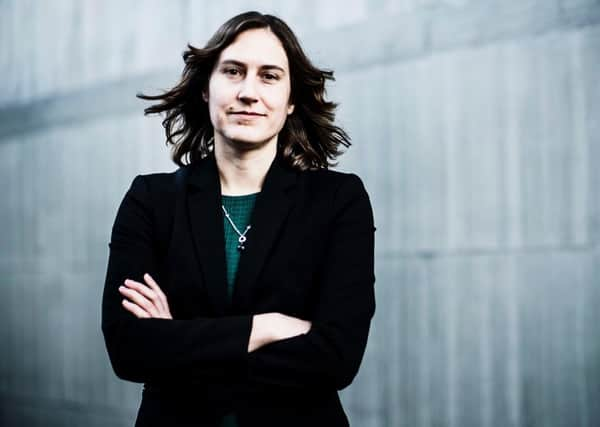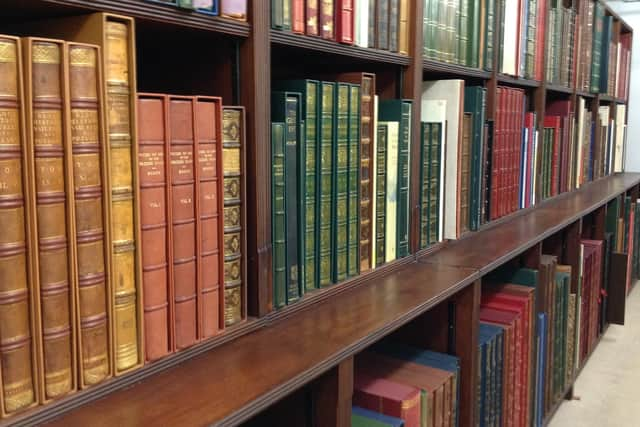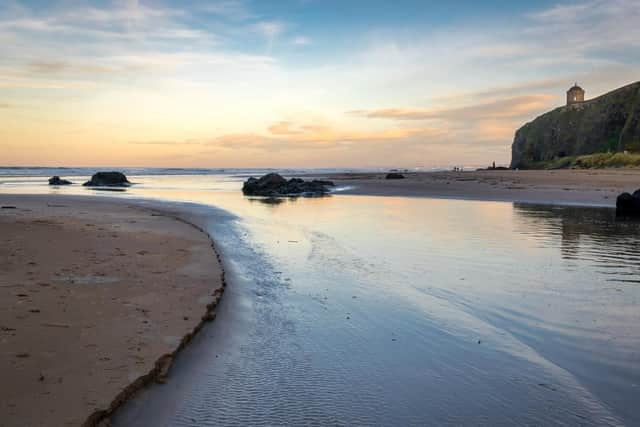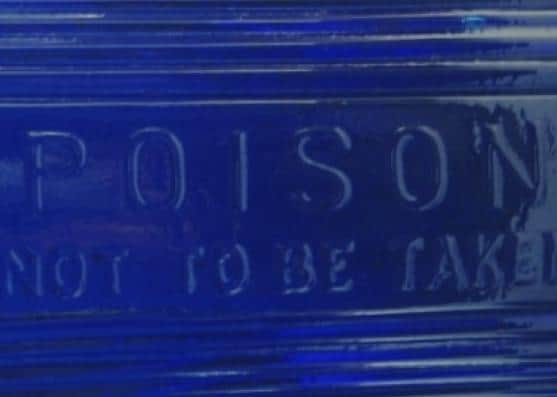Our annual celebration of scientists and all things scientific


The oil painting of Dame Jocelyn, by artist Stephen Shankland, is displayed amongst portraits of the world’s most distinguished scientific minds.
And her discovery is just one of Northern Ireland’s many important contributions to civilisation throughout history by scientists, inventors, doctors, surgeons and geniuses of all sorts.
Advertisement
Hide AdAdvertisement
Hide AdOther local notables are Sir James Murray, whose research led to the discovery of Milk of Magnesia; Harry Ferguson, whose three-point linkage system revolutionised modern agriculture; Frank Pantridge, who gave us the portable defibrillator and Lord Kelvin, who devised the absolute temperature scale.
Looking through the lens of nature, Northern Ireland also boasts an immensely diverse landscape, from the shores of Lough Neagh to the Glens of Antrim, from Lough Erne to the Mourne Mountains, and heritage sites like the Giant’s Causeway and the dramatic Gobbins Cliff Path, itself an area of special scientific interest with its magnificent biodiversity which includes our only mainland colony of puffins.
Simply put, Northern Ireland packs a lot into a small geographic area - so much history, scientific discovery and biodiversity - brought together annually for the past seven years in the truly remarkable NI Science Festival.
It has been hailed on this page each year since it began, though NI Science Festival 2021 is adopting a new digital format due to Covid-19.
Advertisement
Hide AdAdvertisement
Hide AdFor a fortnight from Monday, February 15 there will be a packed programme of interactive workshops, talks and discussions, screenings, and much more, for audiences of all ages.


Covering everything from the natural world, planet earth, space, engineering, robotics, physics, the mind and the body, and food, the festival is hosted by some of today’s most prominent scientific minds, top academics and widely-read authors.
And while it focuses on connecting audiences with international, ground-breaking research and debate, the festival also champions the very best of what Northern Ireland has to offer by shining a spotlight on homegrown talent and inviting local folk to learn more about the world around them.
Among this year’s highlights is a partnership with National Geographic with the festival hosting a series of online talks by prominent science communicators, including well-known BBC science presenter Greg Foot, marine biologist Lucy Hawkes, award-winning natural history photographer Jeff Kerby, TV presenter and wildlife filmmaker Malaika Vaz, and ocean-focused bioengineer Kakani Katija.
Advertisement
Hide AdAdvertisement
Hide AdWorld-renowned physicist Katie Mack will be in conversation with festival favourite Jim Al-Khalili discussing her book ‘The End of Everything (Astrophysically Speaking)’ - an exploration into the future of the cosmos and how it might reach its ultimate demise (Sunday, February 28).


From rewilding large predators to conservation, sustainability and climate change, the festival will host a series of events focusing on the natural world, including a conversation with Northern Ireland’s own Dara McAnulty, whose debut book, ‘Diary of a Young Naturalist’ won the Wainwright prize for nature writing in 2020 (Saturday 20th).
In partnership with Libraries NI and running throughout the festival, we’re invited to discover the ‘Science and Technology in the Archives’ - a virtual exhibition featuring items held in the newspaper and archive collections of Belfast Central Library relating to local scientists and innovators.
There’s also an opportunity to explore the oldest, smallest, and largest books in the library’s collection in the ‘Treasures of the Fine Book Room’ virtual exhibition.
Advertisement
Hide AdAdvertisement
Hide AdIn ‘From the Foyle: Places, Peoples and the Past’ we can take a stroll along Benone Beach, led by a free, downloadable podcast, map and guide, and find out about the histories and stories associated with the North Coast from the Foyle to Rathlin Island.


There’s an introduction to the intriguing names, legends and historical records, bringing to life the medieval past of this fascinating area of coastline.
Envisage Norse ships based in the Foyle. Imagine the beautiful woman who supposedly drowned in the Bann while being taken to the sea-god Manannán mac Lir.
View spectacular scenes and places named in ancient languages on fragments of parchment.
Advertisement
Hide AdAdvertisement
Hide AdReflecting the times, ‘Pox, Poison and Prosthetics’ (February 23), hosted in partnership with National Museums NI, looks at three items on display at the Ulster museum that were all a response to health issues in the 18th, 19th and 20th centuries, including a Georgian patch box, a poison bottle and an artificial arm.
Hear the stories behind these museum objects that take us from the boudoir to the battlefield.
National Museums NI Geology Curator, Dr Mike Simms, delves into his work which culminated in the remarkable discovery of the only dinosaur bones to be found on the island of Ireland in ‘Dinosaurs in Ireland’ (February 24th).


In the ‘Translating Linen’ event with Dr Anthony O’Kane (February 18th) we can watch and listen as the DNA make-up of linen is interpreted into musical form.
Advertisement
Hide AdAdvertisement
Hide AdLayered patterns within the DNA code, and the amino acid sequence of key proteins that give the linen plant its uniqueness, will be woven into a musical fabric to echo the history of linen and its role in shaping our society.
The 2021 NI Science Festival runs from Monday, February 15 to Sunday, February 28, with full information about the events, and booking, available at nisciencefestival.com